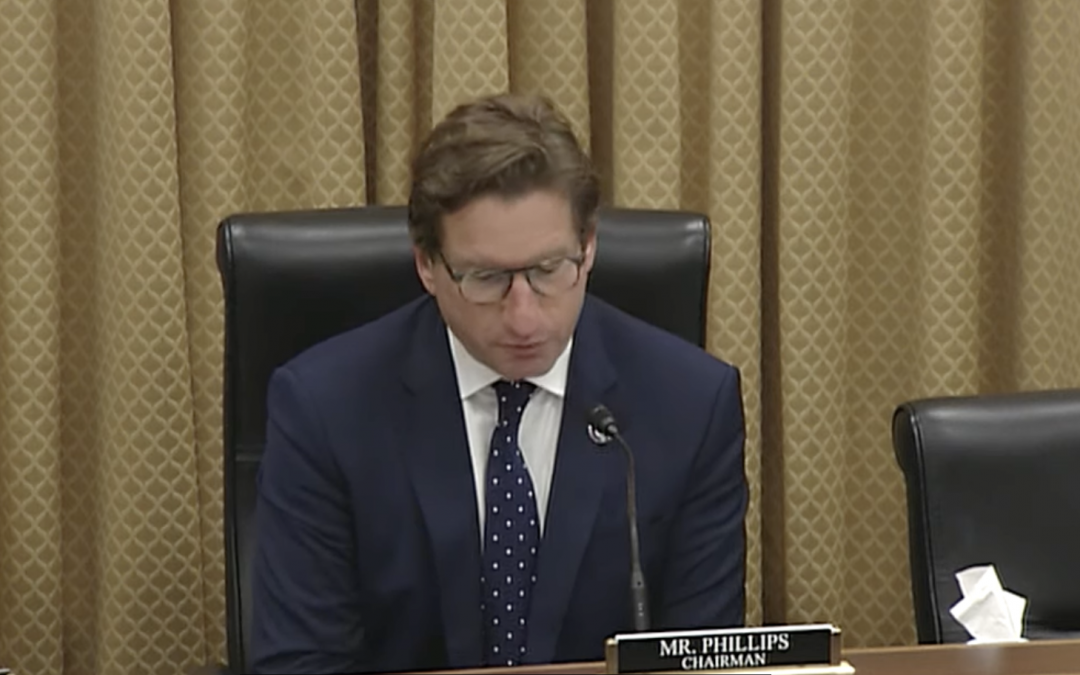WASHINGTON – Executives representing small businesses from home construction to candy manufacture told a House Small Business Subcommittee Wednesday that supply chain disruptions and labor shortages are hampering their efforts to grow their businesses.
John C. Fowke, owner of a home construction company in Florida, said he ordered windows last November but they didn’t arrive until June, stalling the next steps in his construction projects.
“Everybody that works in this industry is in dire need of added labor,” said Fowke, who was testifying on behalf of the National Association of Home Builders. “We’ve got to do something about the labor situation that will help us with the supply chain.”
House Small Business Subcommittee on Oversight, Investigations, and Regulations Chairman Rep. Dean Phillips, D-Minn., said small businesses have limited inventories compared with big companies, meaning they cannot afford to wait months for supplies, and the higher shipping costs during the pandemic also hurt small businesses.
Christine Lahtinen, president of Maud Borup Inc. based in Plymouth, Michigan, said her 100-year-old candy manufacturing company currently has 200 employees, approximately 100 below the optimal number.
“My business faces a dire shortage of workers,” Lahtinen said. “Since December 2020, we have instituted a 36% hourly salary increase and we still have trouble recruiting workers.”
Subcommittee members on both sides of the aisle agreed that labor shortages contribute to supply chain disruptions, but Republicans and Democrats disagreed on governmental actions that would encourage more people to join the workforce.
Rep. Jim Hagedorn, R-Minn., suggested the government should stop putting money into the economy, saying it leads to inflation. Instead, he proposed Congress pass his legislation to help people get technical training in vocational colleges.
“I’m a proponent of transition wages, whatever we have to do in order to give people the incentive to get back to work. It’s much more compassionate than having people dependent on the government,” Hagedorn said.
But Phillips said the government should find solutions to make the supply chain more resilient and “look to existing measures that we can utilize to help small businesses with issues surrounding supply chain and foreign trade.”
The Biden administration launched the Supply Chain Disruptions Task Force in June to strengthen domestic supply chains. In October, the administration also announced commitments to move products faster by extending the operation hours at the Ports of Los Angeles and Long Beach, which handle 40% of containers entering the U.S.
Phillips added the Small Business Administration’s State Trade Expansion Program (STEP) could help entrepreneurs market and sell their products overseas, which could stimulate the U.S. economy.
Kevin Loe, director of customer engagement at Redi-Rock International, a retaining wall manufacturer based in Michigan, said the company went from almost zero export sales to a global market leader in the industry thanks to STEP.
“STEP was a catalyst for us to invest our time and resources into international trade,” Loe said. “These exports have allowed us the freedom to get good-paying, hard-working jobs, diversify our sales, increase our market share.”

